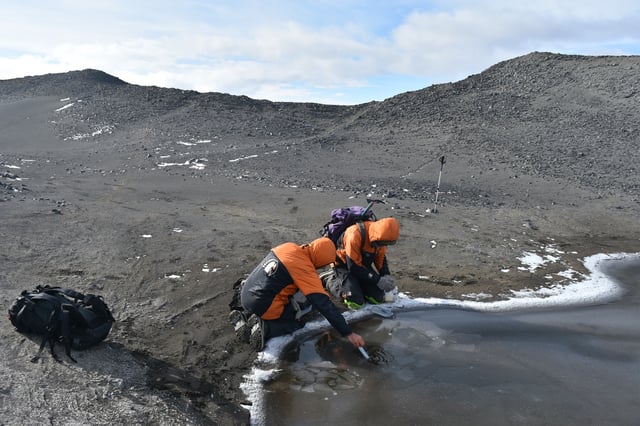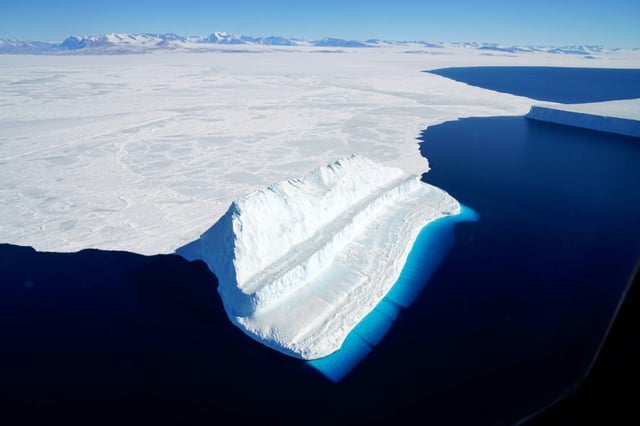Overview
- A study in Nature Communications presents direct evidence of diverse algae, protists and microscopic animals in every meltwater pond sampled on Antarctica’s McMurdo Ice Shelf
- Researchers applied lipid biomarker profiling and rRNA gene sequencing to characterize the full range of eukaryotic organisms inhabiting shallow ice-sheet ponds
- Variation in pond salinity drove distinct community patterns, with brackish and saltier waters supporting similar eukaryotic assemblages that differed from fresher sites
- Findings strengthen the view that shallow surface ponds atop global ice sheets could have sheltered early complex life during the Cryogenian Snowball Earth glaciations
- Insights from this modern analogue inform astrobiology by highlighting potential habitats for life on icy worlds such as Europa and Enceladus

